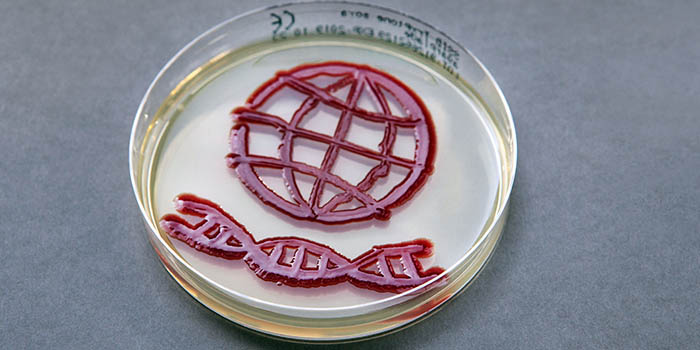Global Capacity Building
The Research Group for Global Capacity Building works to strengthen the global surveillance of infectious disease agents and antimicrobial resistance and to develop and implement procedures for building laboratory capacity with a focus on whole genome sequencing.

Approaches and methods
- Sequencing-enabled surveillance: development and roll-out of workflows for whole-genome sequencing (WGS) – from sampling to reporting – including methods, guidelines, and procedures, quality assurance (QA/QC), and data standards.
- Laboratory capacity building: training and technical advisory support for laboratories implementing AMR surveillance, with a focus on practical implementation and sustainability.
- One Health analyses: by combining data across humans, animals, food, and the environment, the group can track resistance trends and target action.
- Methods, guidance, and standards: development of, and guidance on, common approaches to collecting, sharing, and reporting data, so that surveillance can be compared across countries and disciplines.
- Policy-relevant advice: evidence synthesis and method development that support risk management and the prudent use of antimicrobial agents in food systems.
Collaborations and partners
Contact
René S. Hendriksen Professor, Head of Research Group Phone: +45 35886288 Mobile: +45 22450763 rshe@food.dtu.dk